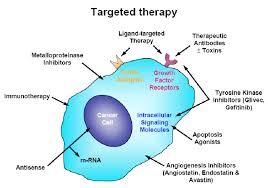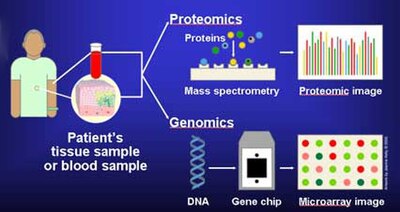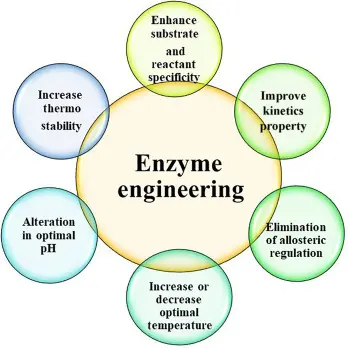Introduction What is Chemical Biology?
Chemical biology is a fast-growing interdisciplinary field that merges chemistry and biology to study, manipulate, and redesign living systems. By applying chemical tools to biological questions, researchers can uncover how life works at the molecular level and translate discoveries into real-world applications. This powerful approach is transforming medicine, biotechnology, and environmental science.
In this article, we’ll explore the top 10 applications of chemical biology that are shaping the future of health, technology, and sustainability.
1. Drug Discovery and Targeted Therapies
Chemical biology plays a central role in developing new drugs. By designing molecules that interact with specific proteins or pathways, scientists can create therapies with higher precision and fewer side effects. Targeted cancer therapies and antivirals are great examples of how this approach saves lives. Read more
2. Personalized Medicine and Molecular Diagnostics
Advances in genomics and chemical probes allow doctors to tailor treatments based on a patient’s unique biology. Chemical biology tools help detect biomarkers, enabling personalized medicine that is more effective and safer. Molecular diagnostics are widely used in cancer treatment, infectious diseases, and genetic disorders.Read more
3. Enzyme Engineering in Biotechnology
Enzymes are nature’s catalysts, and chemical biology provides methods to engineer and optimize enzymes for industrial and medical use. From biofuels to pharmaceuticals, enzyme engineering drives sustainable biotechnological solutions. Read more
4. CRISPR and Molecular Gene Editing
CRISPR-Cas technology, enhanced by chemical biology, has revolutionized gene editing. Researchers now develop more precise editing tools to correct mutations, treat genetic diseases, and even improve crop resistance in agriculture.
5. Nanoparticles for Drug Delivery
Chemical biology contributes to the design of nanoparticles that can transport drugs directly to diseased cells. This innovation increases drug effectiveness, reduces toxicity, and is widely used in cancer therapy and vaccine development.
6. Protein Design and Synthetic Biology
By combining chemical principles with biological systems, scientists can design novel proteins and biological circuits. Synthetic biology applications include producing new vaccines, biofuels, and sustainable biomaterials.
7. Imaging Technologies in Living Cells
Fluorescent probes and chemical tags allow researchers to visualize cellular processes in real-time. These tools make it possible to monitor disease progression, study protein interactions, and test drug activity directly inside cells.
8. Environmental and Sustainable Applications
Green chemistry meets chemical biology to create eco-friendly solutions. From biodegradable plastics to bio-remediation of pollutants, these advances help build a more sustainable future.
9. High-Throughput Screening in Medicine
Automated chemical biology techniques make it possible to screen thousands of molecules quickly, accelerating the discovery of new medicines. This approach is vital in identifying promising drug candidates for diseases like cancer, Alzheimer’s, and rare genetic disorders.
10. Future Trends in Chemical Biology Research
The future of chemical biology lies in AI-driven drug design, advanced biomaterials, and precision medicine. As this field continues to grow, it will play an even greater role in solving global challenges in health, energy, and the environment.
Conclusion
Chemical biology is more than just a scientific discipline it is a driver of innovation in medicine, biotechnology, and sustainability. From personalized treatments to nanotechnology, its applications are reshaping industries and improving lives.


